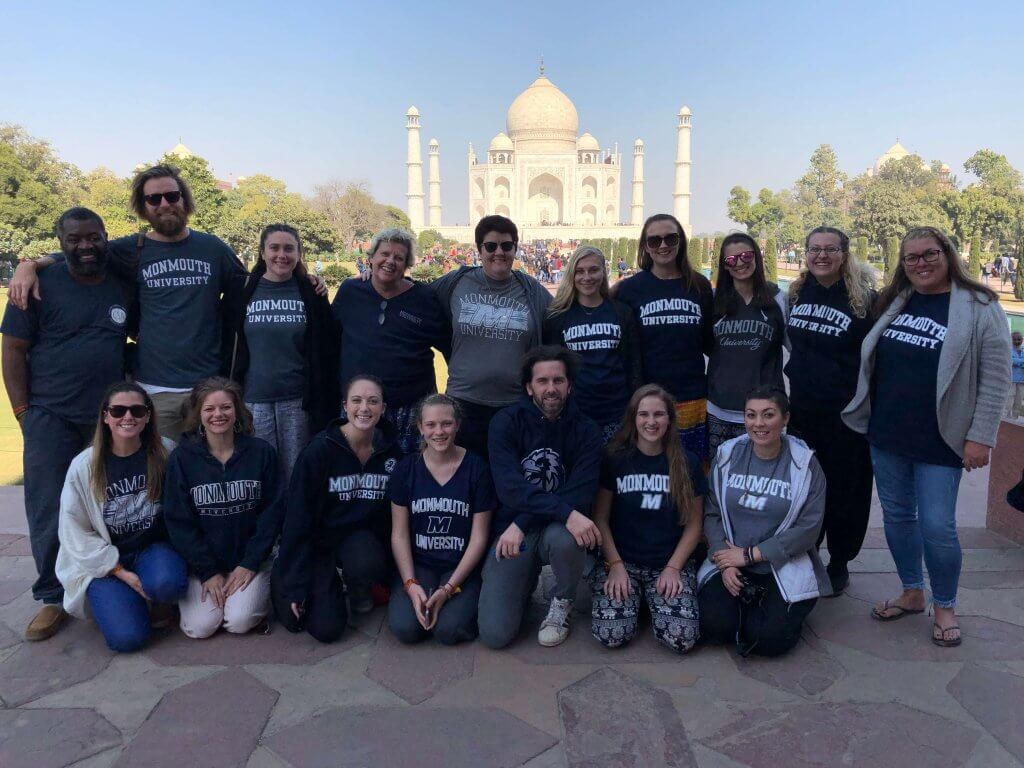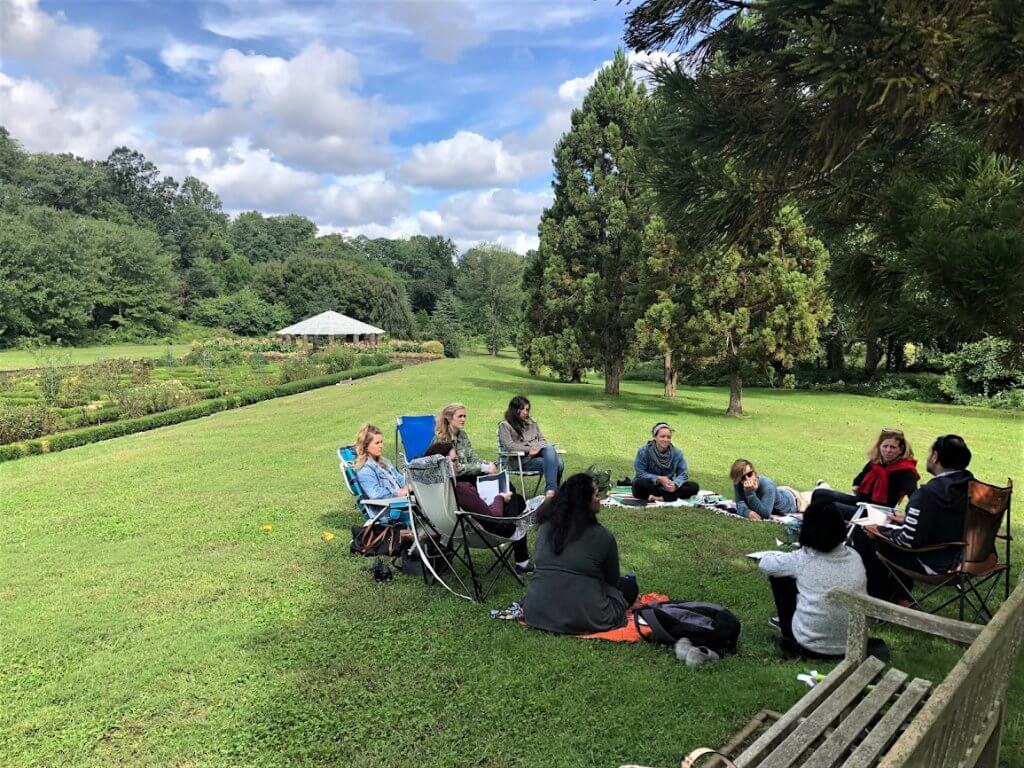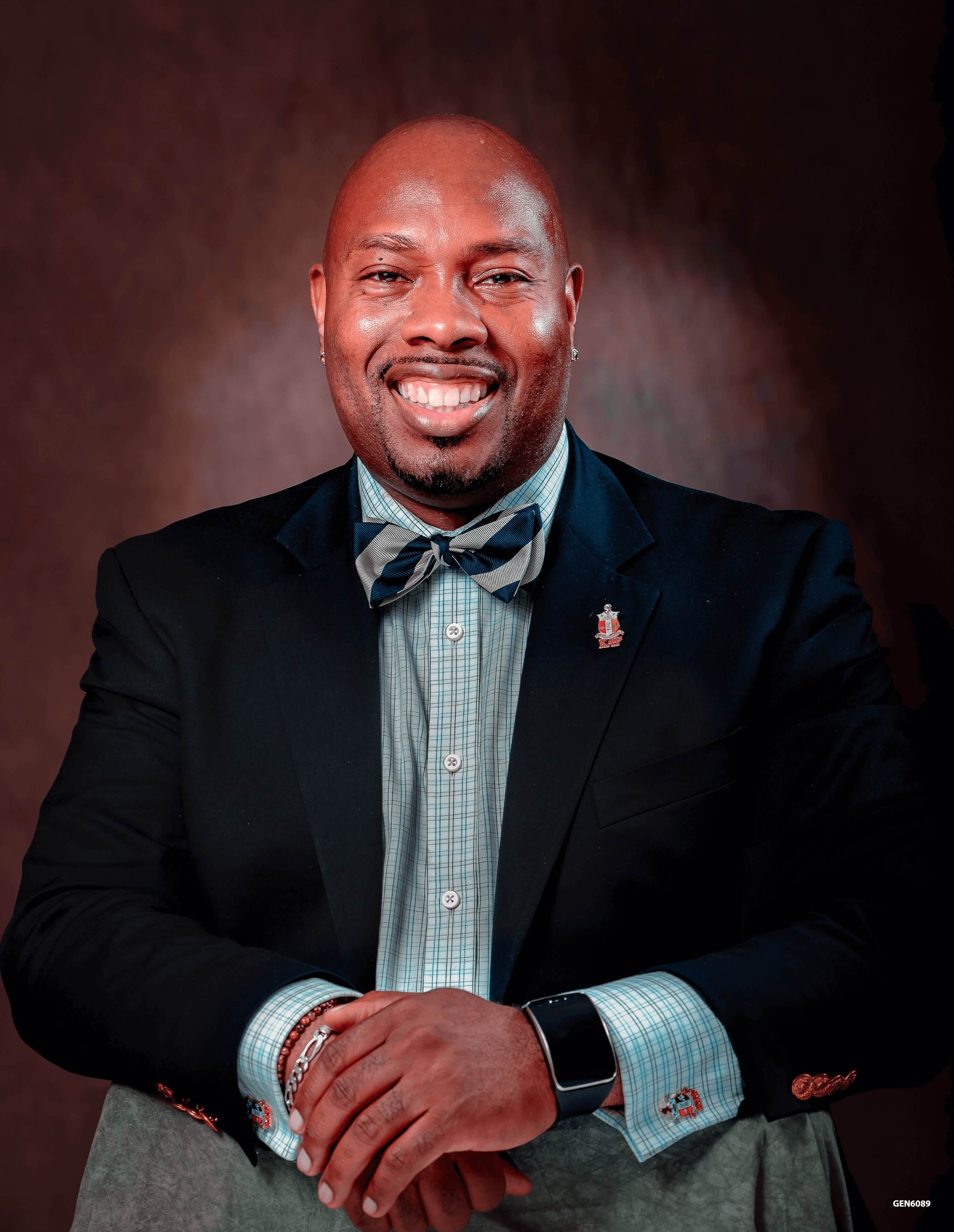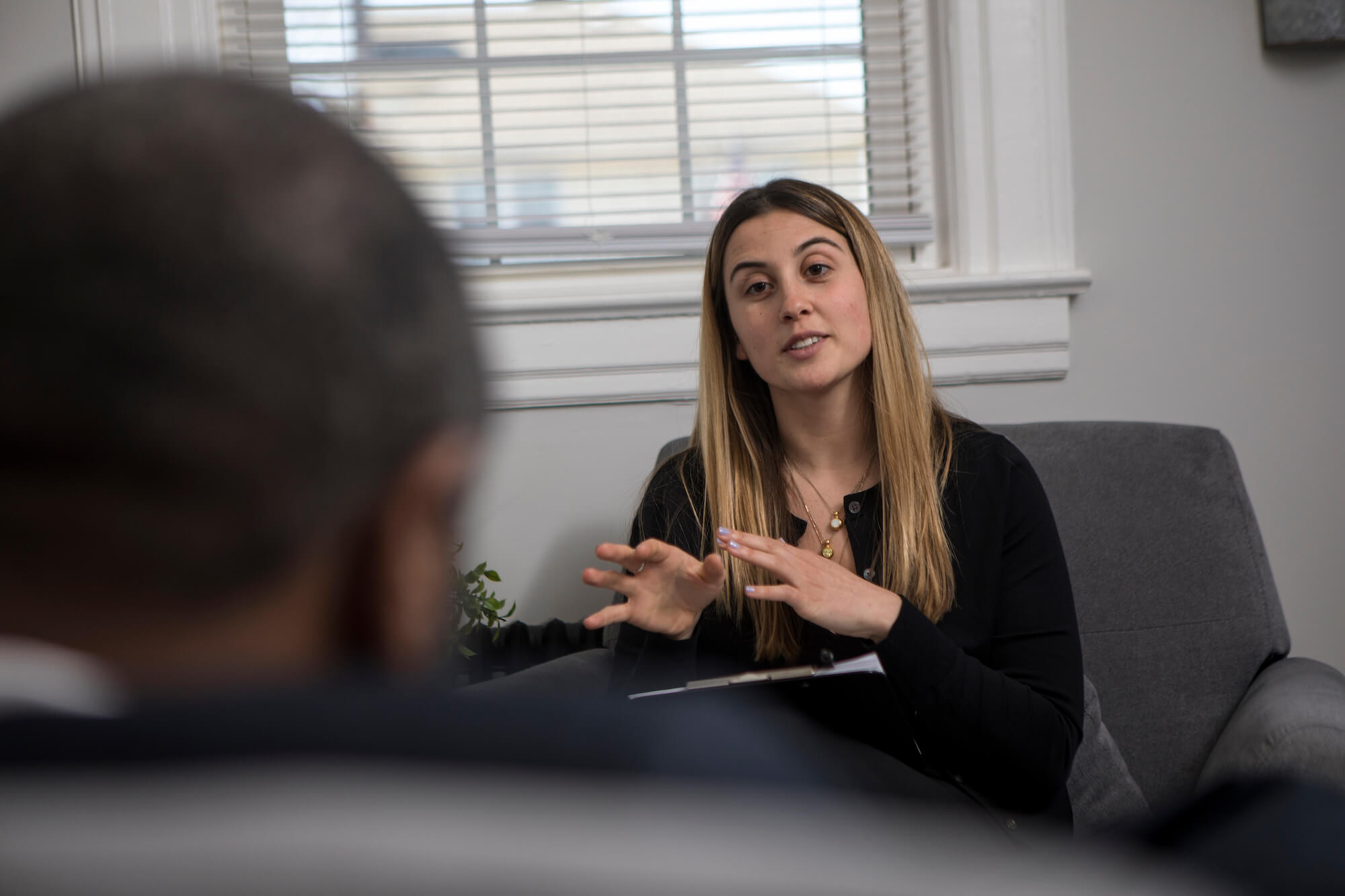About the Department
Welcome to the Department of Professional Counseling. As a department, we adhere to the American Counseling Association (ACA) Code of Ethics, which includes honoring our diverse voices, providing equitable access for all students, and integrating inclusive pedagogical practices across the curriculum.
As students, you are expected to behave in ways consistent with our code of ethics, including but not limited to standards expressed in its non-discrimination section. While our department believes in modeling mutual respect for a range of personal values aligned with our professional mission, we also expect that standards set forth by the code of ethics, including the need to become aware of and bracket personal values be consistently demonstrated and upheld. For instance, counselors and counseling students do not base therapeutic decisions on their own religious and/or personal values and are not permitted to privilege their own religious and/or personal value system in the therapeutic and academic settings. Counselors and counseling students are therefore required to promote the values of the counseling profession and behave in ways congruent with those values, even if those values are discrepant with the counselor’s own values or religious beliefs. Counselors and counselors-in-training are expected to be engaged in personal and professional growth to facilitate both the bracketing of personal values and the ability to promote the values of the counseling profession.
These department values are integrated into how we promote knowledge of our profession, facilitate self-awareness of our intersecting identities, and support the acquisition of skills relevant to culturally-diverse, underrepresented, and/or marginalized populations.
Mission Statement
The department’s graduate level program are designed to train a diverse body of highly qualified students to be practitioners, leaders and advocates in the field of mental health. Our program are designed to be accredited and are based on humanistic values promoting prevention, wellness, personal growth and human development, and on the benefits of counselor-client interaction. Our students will be individually supported to receive an effective educational experience tailored to their needs. Our graduates will meet the academic and skill requirements for state and national licensing and certification, and given a foundation for further education in the field.
About Our Program
The Department of Professional Counseling offers a Master of Science in Clinical Mental Health Counseling program, which aims to develop mental health professionals who can effectively address issues of wellness, personal growth, and pathology for the benefit of a diverse population.
This 60-credit program, which prepares students for licensure as Licensed Professional Counselors (LPC), is accredited by the Council for Accreditation of Counseling and Related Educational Programs (CACREP).
This program satisfies academic requirements for the LPC and LCADC by providing coursework in the core areas required for licensure. Our graduates are expected to contribute to and be leaders in their field through practice, education, and professional excellence.
Why is getting a master’s degree so important? Learn more about the reasons and how it can help your career here.
Program Objectives
- Students will gain the knowledge and skills associated with professional orientation and ethics practice.
- Students will gain the knowledge and skills associated social and cultural identities and experiences.
- Students will gain knowledge of human development across the lifespan and its application within the counseling process.
- Students will gain the knowledge and skills associated with career development and its applications in the counseling process.
- Students will gain the knowledge and skills associated with the counseling practice and relationships.
- Students will gain knowledge and skills associated with group counseling and group work.
- Students will gain knowledge and skills associated with assessment and diagnostic processes.
- Students will gain knowledge and skills associated with research and program evaluation.
- Students will gain knowledge and skills associated with clinical mental health counseling.
- Students will demonstrate an awareness of professionalism in counseling.
More to Explore

Transformational Travel in India
This initiate will broaden students’ understanding of multicultural differences and enhance their multicultural competence as they experience dozens of spiritually enlightening sites steeped in Indian history and culture.

Ecotherapy: Counseling in Nature
Students in this specialization will obtain a firm understanding of the theoretical constructs of Ecopsychology, demonstrate a model of EcoWellness, and obtain applicable skills in Ecotherapy.

David Julius Ford, Jr., Ph.D., LCMHC (NC), LPC (VA, NJ), NCC, ACS
Department Chair;
Associate Professor

